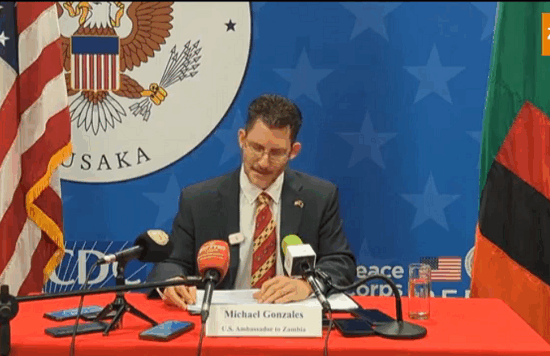
The new dawn government is set to expand the already bloated civil service wage bill by an additional K1.7 billion (about US$100 million) by the new teacher recruitment currently underway, a policy shift from spending on infrastructure to more focus human capital.
It remains to be seen if the gamble by Finance Minister Situmbeko Musokotwane opting to fund human capital over continuing with an aggressive infrastructure drive will yield positive results for the Zambian economy.
Musokotwane has bet big on using the Public Private Partnership – PPP model to Fund the rehabilitation and further expansion of road infrastructure, a model that has struggled to work in Africa with few exceptions in Senegal and South Africa to point at. Using PPP model to fund road infrastructure risk giving up revenues for many more years or arriving at astronomical high tolls.
The National Action for Quality Education in Zambia- NAQUEZ executive director Aaron Chansa has disclosed that Government will spend about K1.7 billion (about US$100 million) on the 30, 000 teachers to be recruited. He said that the K1.7 billion is what government had put aside for the recruitment of 30,000 teachers.
The recruitment plan was unveiled when unveiling the 2022 national budget in Parliament in Parliament by Finance Minister Situmbeko Musokotwane stating that the 30,000 teachers would be recruited to help reduce the backlog of unemployed education workers.
The Finance minister said the recruitments were aimed at improving the quality of education by reducing the pupil-teacher ratios. He added that over the next five years, the Government would continue to hire more teachers in net terms and the plan was to be current by 2026, the term end for the UPND government.
The move by the UPND government to undertake a massive recruitment exercise at the same time seeking debt restructuring is seen by economists and analysts as being a populist move aimed at appeasing its supporters but may end up further hurting the economy.
The new dawn government is also undertaking to hire an additional 11,000 health workers. All these are in the civil service and will rely on the already strained tax receipts. Analysts argue that the government should rather support the expansion of the local private sector which is best suited to make the economy more productive.







